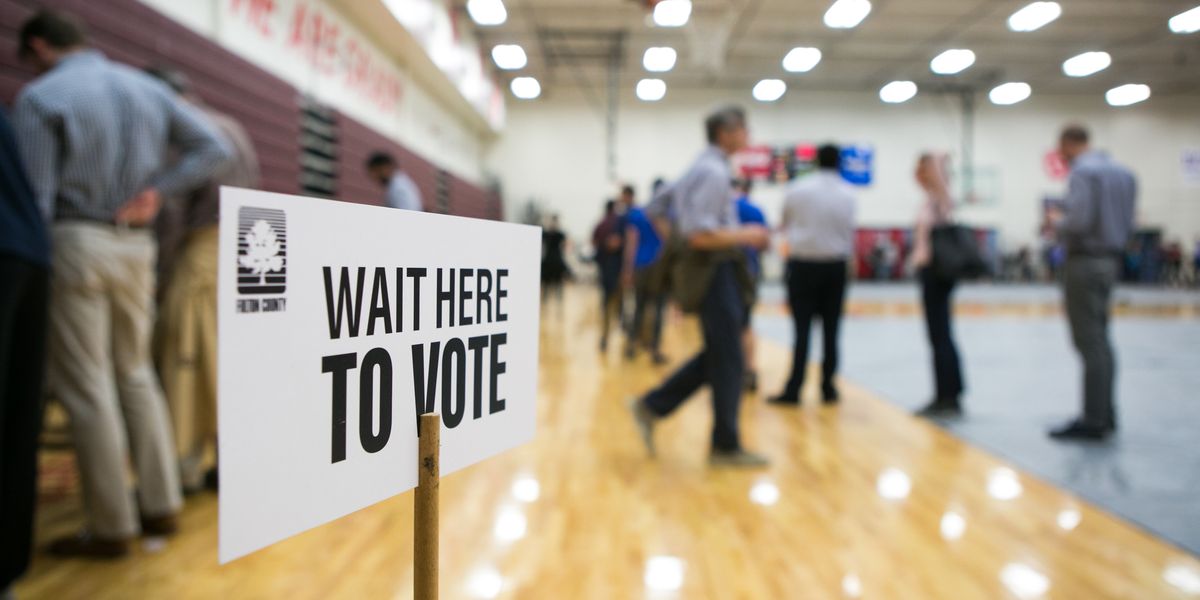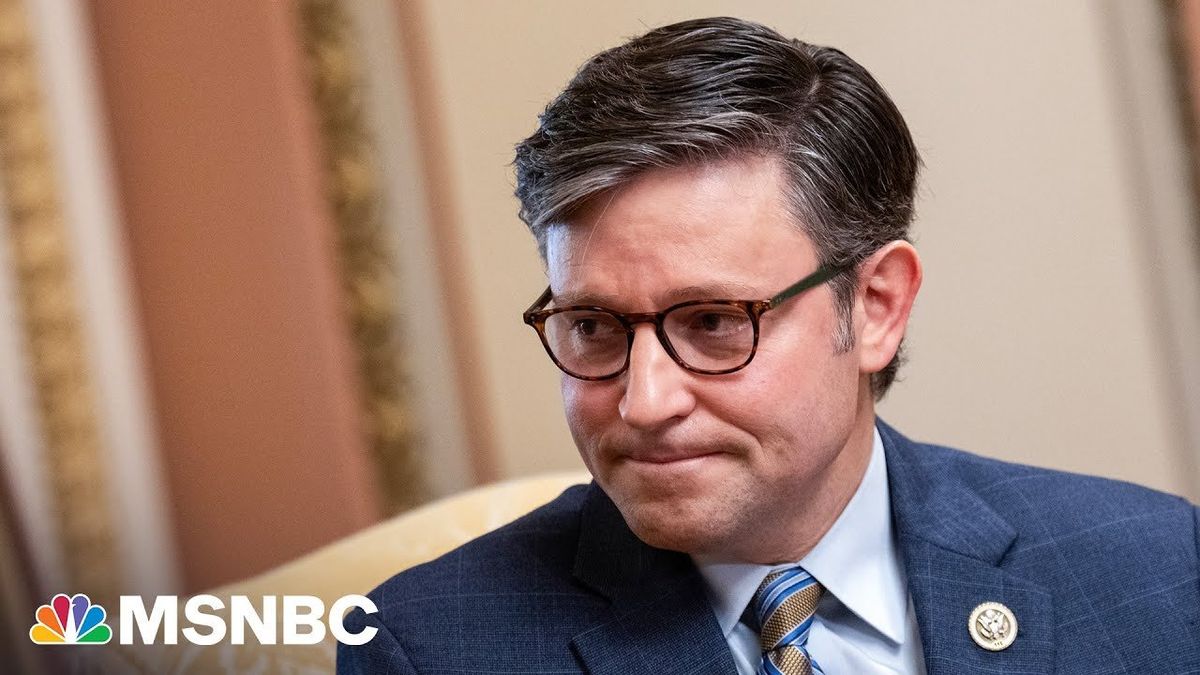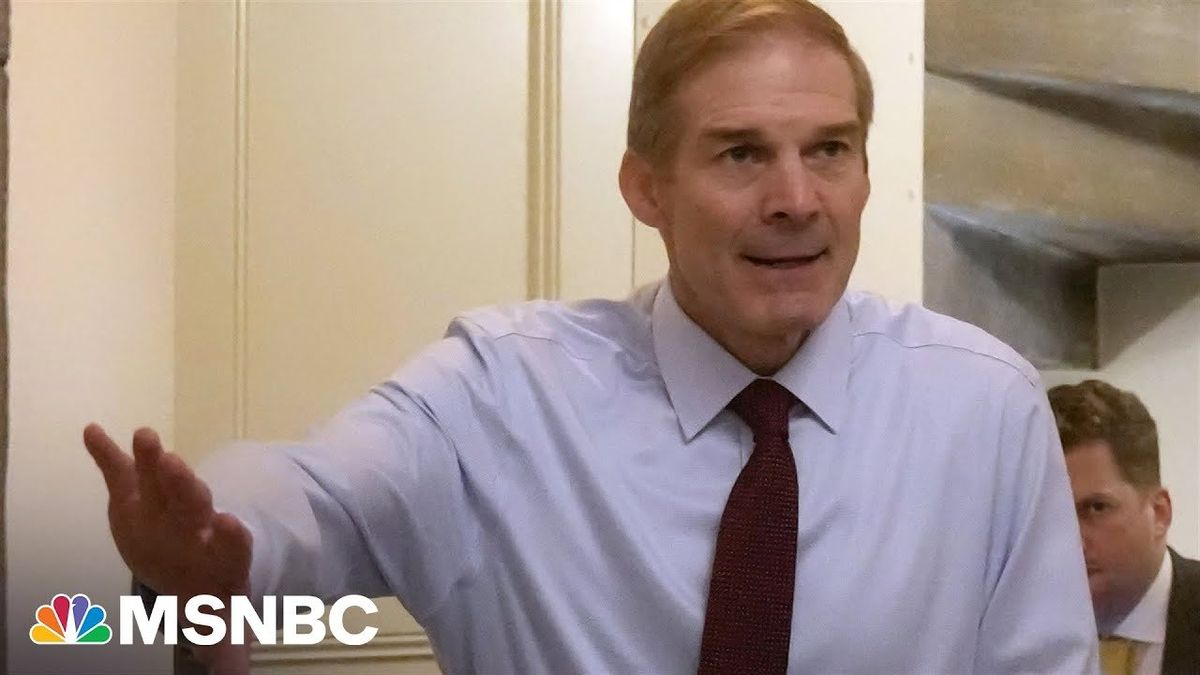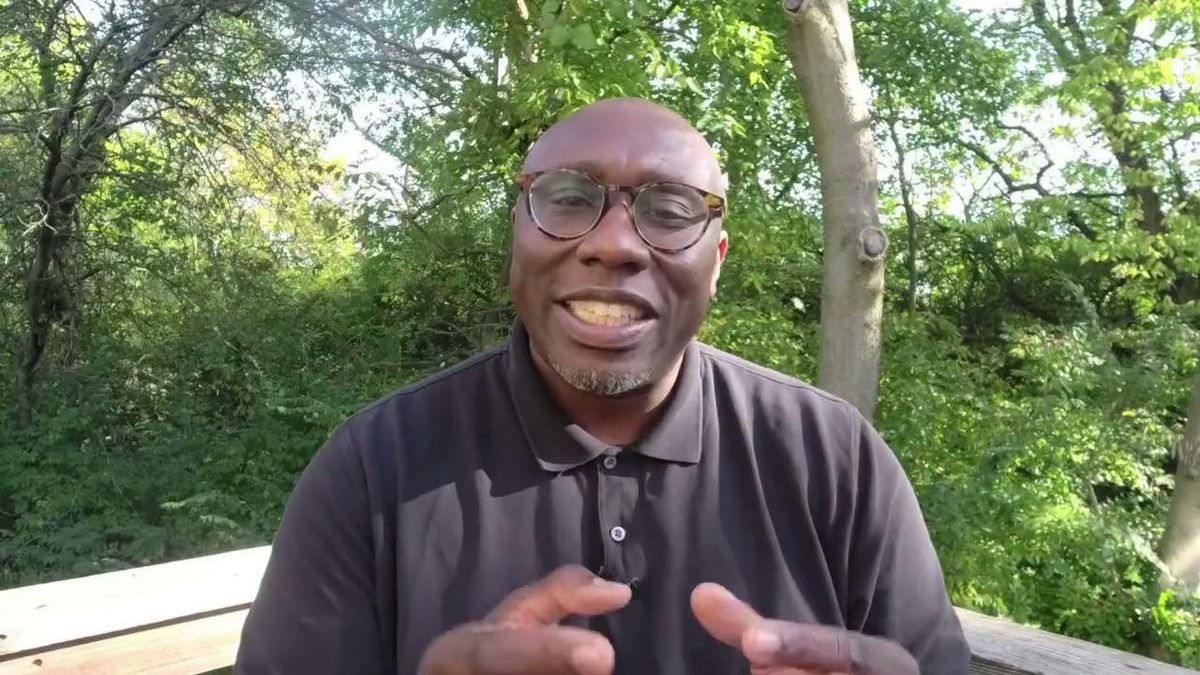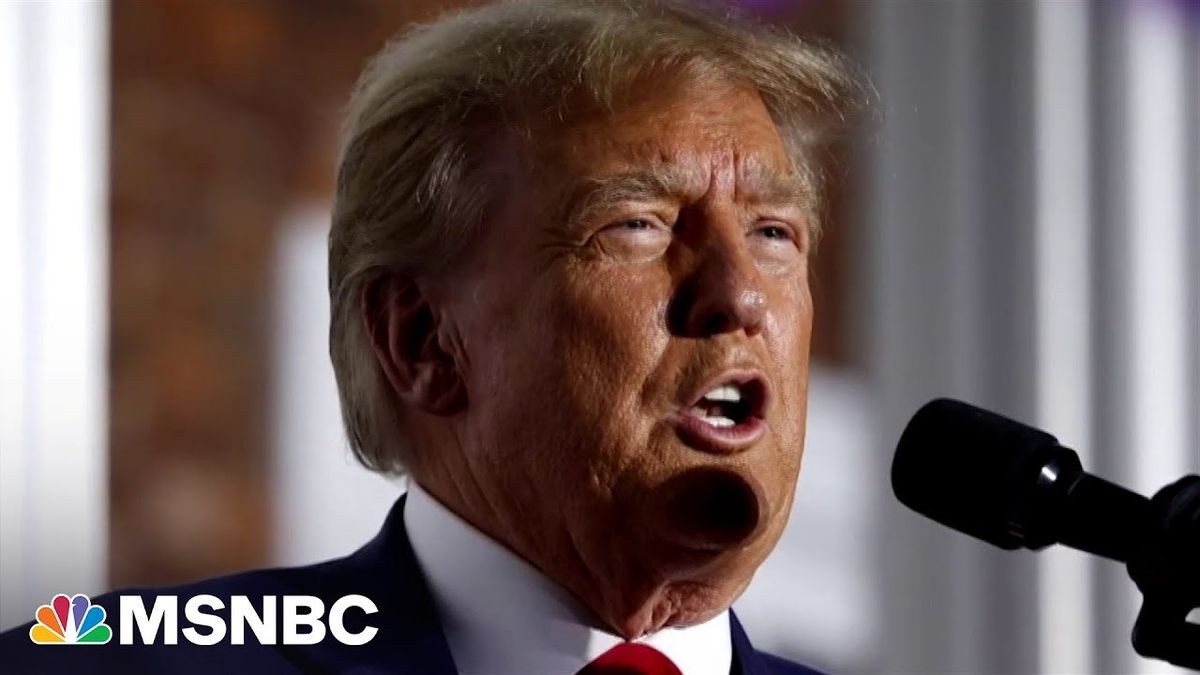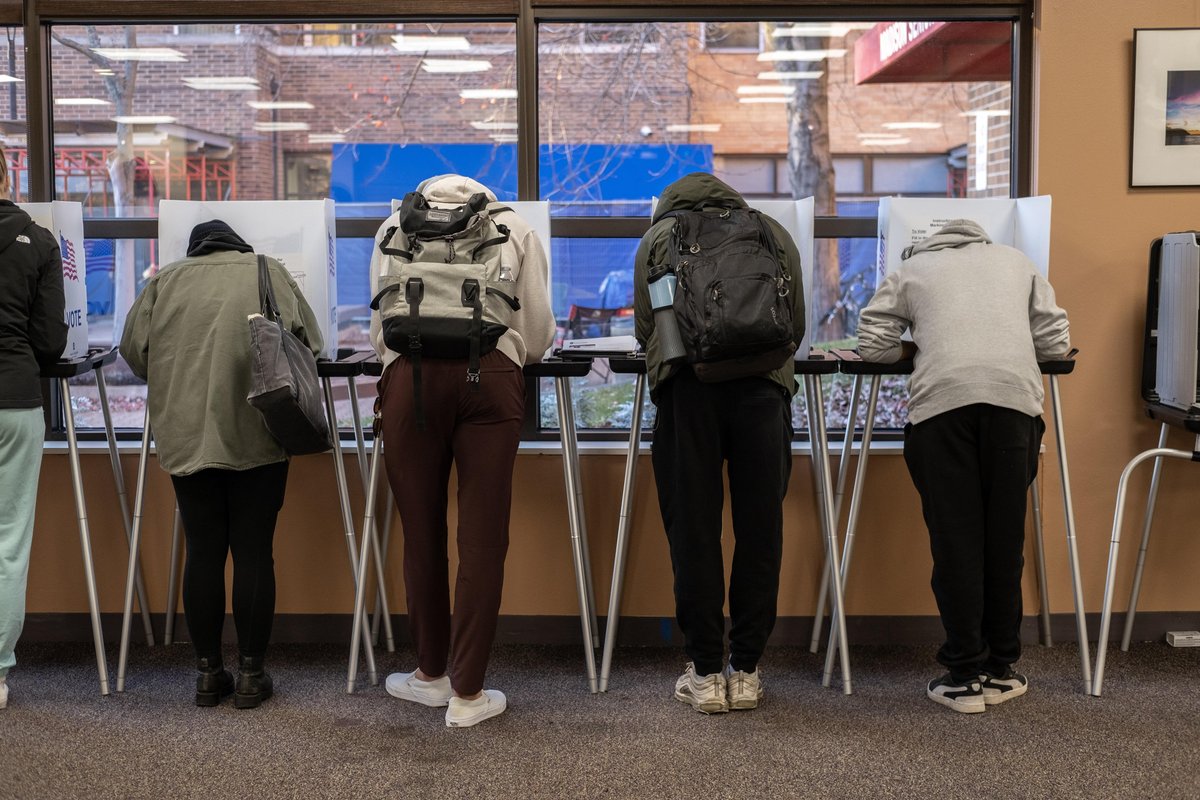What we need is more Bad-Ass Grandmothers
Debilyn Molineaux is the lead catalyst for American Future, a research project that discovers what Americans prefer for their personal future lives. The research informs community planners with grassroots community preferences. Previously, Molineaux was the president/CEO of The Bridge Alliance.
I have a secret love of crime dramas.
For as long as I can remember, I’ve watched as the good guys (presumably the cops, the U.S. agents, etc.) tracked and caught the bad guys (presumably the criminals, the terrorists, etc.) to protect the order of our society, with justice. Given the number of true crime podcasts, cop shows and serial killer documentaries, I am not alone. Many Americans love these stories about seeking justice.
As a lower-middle-class white girl now a middle-aged (still white) woman, I continue to love stories about justice. My tastes have shifted to stories about fact-based, evidence-gathering, and deduction-logic-based justice instead of rebellious vigilantes seeking justice outside the established rule of law. In short, my tastes run to the more nerdy crime dramas and less to the dick-swinging.
The closing words of the Pledge of Allegiance about “liberty and justice for all” were woven into my soul and so many of my generation as an aspiration to pursue. The tension between these ideals grows or lessens as we peer through our history. Our nation was founded on individual freedom (for some) and justice as defined by the rule of law. It was imperfect then and is imperfect now.
Sign up for The Fulcrum newsletter
I have long aspired to understand how to better navigate individual freedom (liberty) with responsibility for actions and impact (justice).
Between 2008 and 2011, I experienced a loss of confidence in our nation and our ability to achieve justice for all. From the Great Recession to the Occupy Wall Street protests, I and many others witnessed that those with tremendous wealth could not, or would not, be held accountable.
And then in August 2014 in Ferguson, Mo., a young man named Michael Brown was shot in the back by a police officer for refusing to obey. His suspected crime was shoplifting. The community of Ferguson was not surprised by the shooting, but the media attention was new. Americans' love of true crime was being watched in (almost) real time.
Americans could personally witness how “justice” worked differently, from place to place and person to person. Including how it could provide a sense of safety for some, but threaten others. Over the next six years, we would witness the injustice of Black men and women dying at the hands of police, over and over again. With the murder of George Floyd, police officers were finally held accountable.
And here is where we should pause to consider what “accountable” means to each of us. In our society, governed by the “rule of law,” accountability mostly means receiving a punishment proportionate to the offense committed. Of course, “proportionate punishment” has proven to be harsher for Black and Brown people. This harsher treatment coupled with societal prejudices is a form of ongoing and perpetual trauma.
Every one of us has experienced traumatic events. When that trauma is experienced as a child and left unaddressed, there is an exponentially greater likelihood they will be re-victimized or become a perpetrator. Either way, they interact with the criminal justice system which equates accountability with punishment and ignores the underlying trauma.
In 2024, studies show an intersection between our criminal justice system and childhood trauma. The Centers for Disease Control and Prevention says, “Adverse childhood experiences (ACEs) can have a tremendous impact on future violence victimization and perpetration, and lifelong health and opportunity.”
When childhood trauma is untreated in prior generations, habits of thinking and behavior become generational trauma. There is growing evidence that collective, intergenerational trauma is embedded in our culture. For those not familiar with this psychological term, please read more here.
When people react from unconscious trauma, they often react inappropriately and disproportionately to whatever situation triggers them. How might we mitigate this trauma? What do we need that both calls us to account, but loves us anyway?
We need more Bad-Ass Grandmothers. Seriously!
Bad-Ass Grandmothers is aninspiration from Junauda Petrus’s poem, “Can We Please Give the Police Department to the Grandmothers?” Petrus’s first draft was written in 2014, in response to the killing of Michael Brown. In 2020, the murder of George Floyd happened in the neighborhood where Petrus lives.
The positive vision imagined in the poem resonates in my heart. Please buy the illustrated book because it’s beautiful and you want to support Petrus’s creative spark! (The book is available on eBay and at Walmart.)
What I love most about the poem:
- The Grandmothers’ squad cars are vintage Corvettes, Jaguars and Cadillacs with white interiors.
- They play their music loud, obviously a “cool Queen” vibe.
- “If you are up to mischief, they will pick you up swiftly in their sweet rides and look at you until you catch shame.” (Think early intervention before mischief becomes criminal acts.)
- The Grandmothers’ are looking out for every child, feeding them and providing a safe place to “make your mouth water and soul arrive.”
- Grandma is a sacred child herself, “comfortable in loving fiercely.”
And so I try to imagine what our world would be like if everyone had this type of Bad-Ass Grandma in their life. Imagine for a moment if everyone were nurtured and provided with basic life skills. Instead of repeating traumatic patterns through punitive means, what if a Bad-Ass Grandma intervened at the early stage of mischief, to correct the course of each young person? My heart yearns for this.
Of course Bad-Ass Grandma energy won’t address the millions of people currently incarcerated, who have been through our punishment-oriented system. While incarcerated, some people become more resilient, others more criminal. What if we figured out how to use tax dollars for Bad-Ass Grandmas and the education they provide rather than spend our resources on increasing numbers of prison beds that do little to help people grow.
I believe all adults need to be “loved fiercely,” too, by someone who can “look at you until you catch shame” and “feed you to make your mouth water and soul arrive.” We need more Bad-Ass Grandmothers in general, not just for those with problems.
For me, the vision offered by Petrus is how we can better manage the tension of our aspiration for “liberty and justice for all.” Being lovingly accountable instead of punitive. Thinking prevention instead of reaction. Offering healing guidance instead of dehumanizing judgment.
Let’s all be Bad-Ass Grandmothers. Which gives rise to the question, what would a Bad-Ass Grandfather offer? Please share your thoughts!


